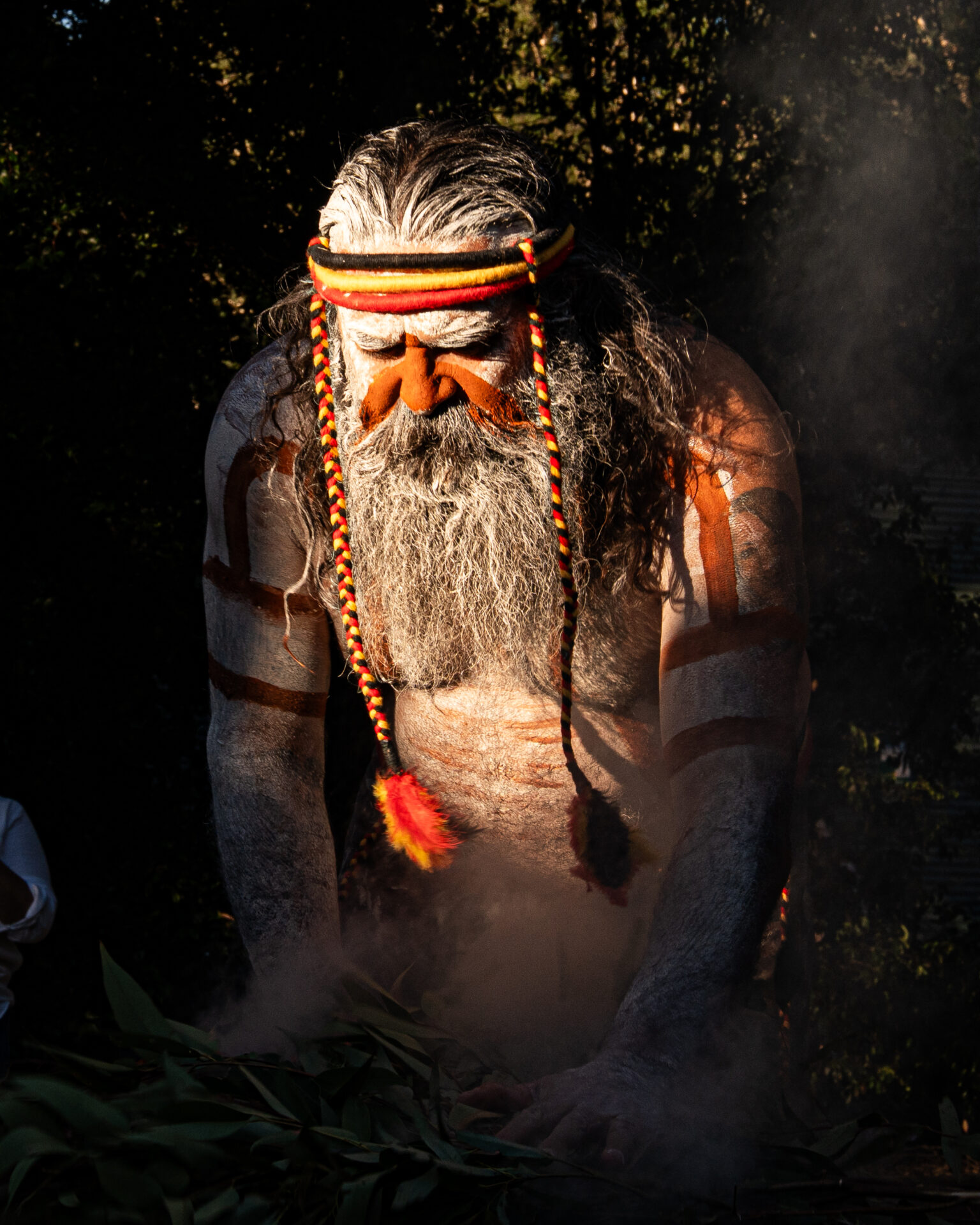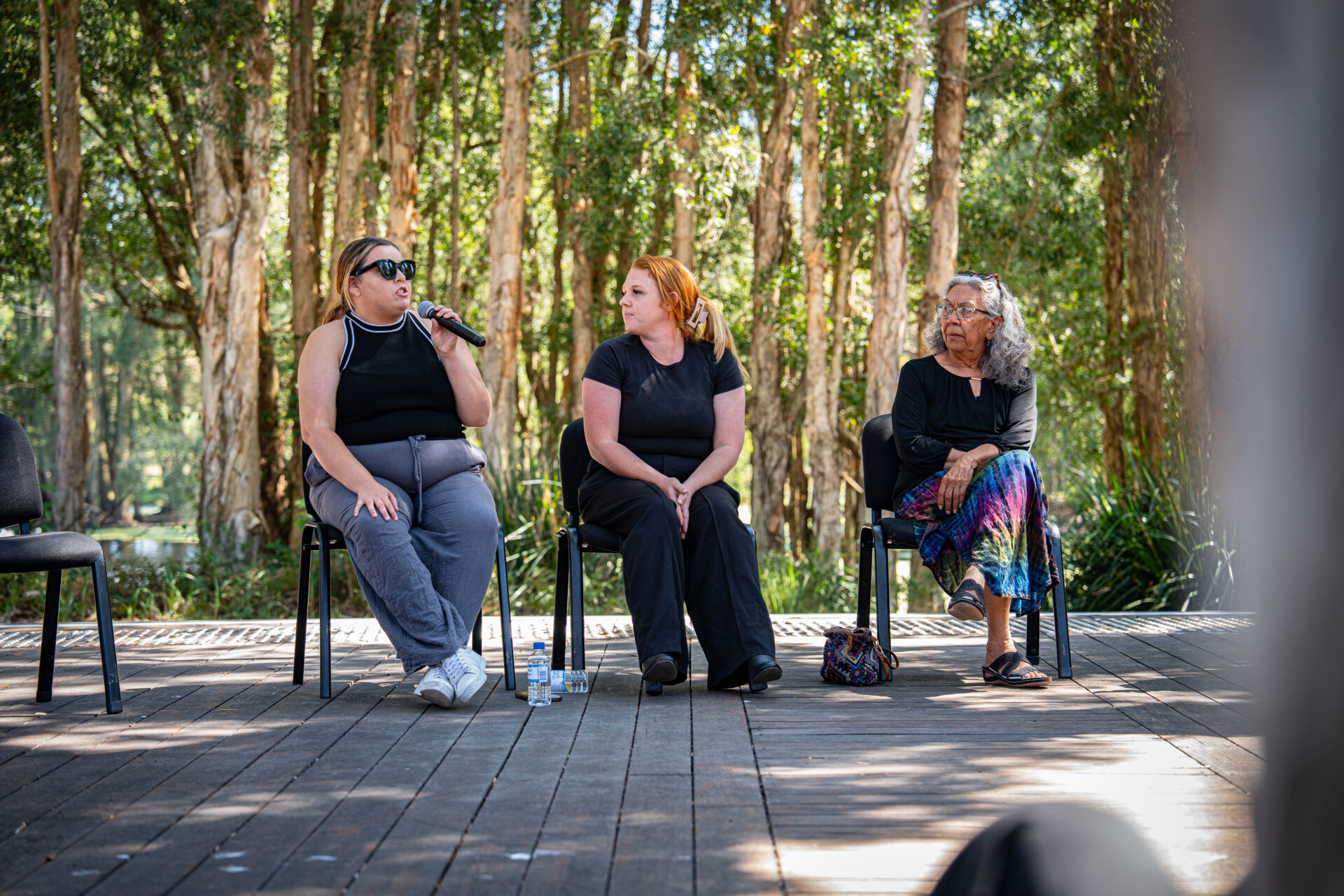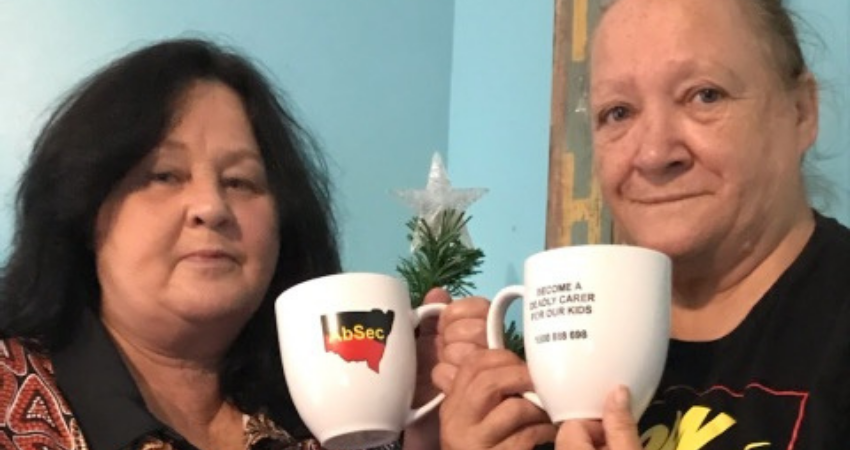The appointment of Lil Gordon as Acting National Commissioner for Aboriginal and Torres Strait Islander Children and Young People is an important moment for our communities. It’s a step in the right direction—a win for the many deadly advocates and organisations who have fought tirelessly over the years to ensure the voices of every Aboriginal and Torres Strait Islander child and young person are heard and their rights prioritised.
Lil Gordon, a proud Ngemba woman from Brewarrina, NSW, brings with her a lifetime of experience and deep connections to our communities. As a former head of Aboriginal Affairs in NSW, she’s spent her career fighting for culturally safe systems and policies that empower Aboriginal children, young people, and families. Her appointment continues the legacy of her late father, Uncle Stephen Gordon, a revered advocate who dedicated over 40 years to justice and equality for our people.
A Legacy of Hard Work
This appointment didn’t just happen—it’s the result of years of advocacy, from grassroots campaigns to national calls for change. Across the state and the country, Aboriginal-led organisations and community leaders have consistently shone a light on the inequities our children and young people face in systems designed about us, without us.
In New South Wales, the urgency for action couldn’t be clearer. Aboriginal children represent 45% of all children in out-of-home care in New South Wales, despite making up just 6% of the state’s child population. Aboriginal children and young people in New South Wales are also 12 times more likely to be removed from their families than non-Aboriginal children and young people, and the state has the lowest reunification rate in the country at just 2%. These figures are a stark reminder of systemic failures and are highlighted in SNAICC’s Family Matters 2024 Report, and The NSW Department of Communities and Justice: System review into out-of-home care 2024 which underscores the need for immediate reform and culturally safe, community-driven solutions that keep children connected to family and culture.
AbSec has worked alongside many of these advocates to push for systems that are fair, transparent, and culturally safe. Together, we’ve raised our voices, told our stories, and fought for accountability. It’s thanks to this collective effort that we’re now seeing progress, but we also know this is just the beginning.
Progress, But the Work Isn’t Done
Lil Gordon’s appointment is an important step forward, but we need to keep building momentum. This is an interim role, and for real change to happen, we need a permanent, fully resourced Commissioner with the authority to hold governments accountable and drive long-term reform.
Here in New South Wales, the need for leadership is urgent. Aboriginal and Torres Strait Islander children and young people are over-represented in every aspect of the child protection system, and the system continues to fail to meet its obligations to keep them safe, connected to culture, and supported by their families. That’s why AbSec continues to call for a dedicated NSW Commissioner for Aboriginal Children and Young People—someone who can champion local solutions and ensure our families are supported in the ways that matter most.
Reflecting on the Journey
Lil Gordon’s appointment is a moment to pause and acknowledge the incredible progress made through the hard work of advocates, organisations, and communities who have fought for change. It’s also a moment to honour the legacy of those who paved the way, ensuring the voices of Aboriginal and Torres Strait Islander children and young people are front and centre.
This milestone reminds us of the importance of recommitting to the journey ahead. Every Aboriginal and Torres Strait Islander child and young person deserves to grow up proud of who they are, strong in their culture, and connected to family and community. While this appointment is a step forward, it also underscores the need to keep fighting for the systemic changes that our children and young people deserve.
At AbSec, we are proud to stand shoulder-to-shoulder with the many deadly advocates and organisations who share this vision. Our involvement in the Safe and Supported Leadership Group exemplifies this commitment. Through collaboration with SNAICC, we have pushed for systemic reforms, including the negotiation of minimum standards for national, state and territory commissioners for Aboriginal and Torres Strait Islander children and young people. These efforts align with the Safe and Supported National Framework, which aims to reduce the over-representation of Aboriginal children in out-of-home care by 45% by 2031 (as per Target 12 of the National Closing the Gap Agreement) and ensure culturally safe, community-driven solutions.
AbSec has also championed initiatives like the Family Is Culture Community Report Card, a critical tool for highlighting systemic issues and advocating for change. Lil Gordon’s appointment represents progress born from this collective advocacy. It’s a call to action—a reminder that our collective strength, resilience, and determination can drive real change for our children, young people, families, our communities, and our future.
As we begin 2025, let this moment ignite a renewed sense of purpose. Together, we have the power to create a future where every child and young person feels safe, valued, and empowered to thrive. The work we do now will echo for generations to come. Let’s make this year one of action, accountability, and meaningful change—for our children, our communities, and our future.
References:
- SNAICC. (2024). Family Matters Report 2024.
- The NSW Department of Communities and Justice (DCJ). (2024). System review into out-of-home care.
- SNAICC. (2024). Safe and Supported: The National Framework for Protecting Australia’s Children 2021–2031.
- Australian Government. National Closing the Gap Agreement.
- AbSec. (2024) Family Is Culture Community Report Card.
- Image Source: https://www.socialequity.atlanticfellows.org/fellows-search/lillian-gordon.








